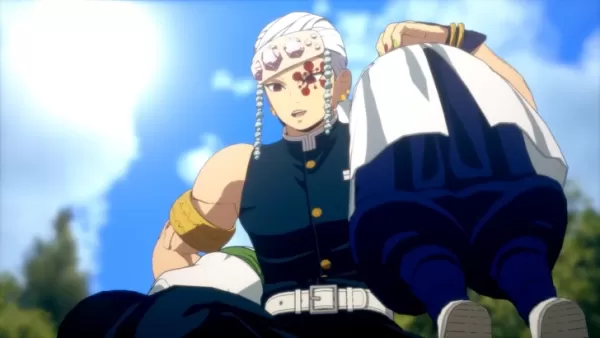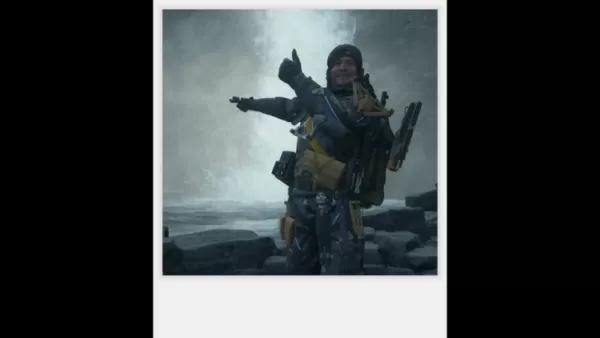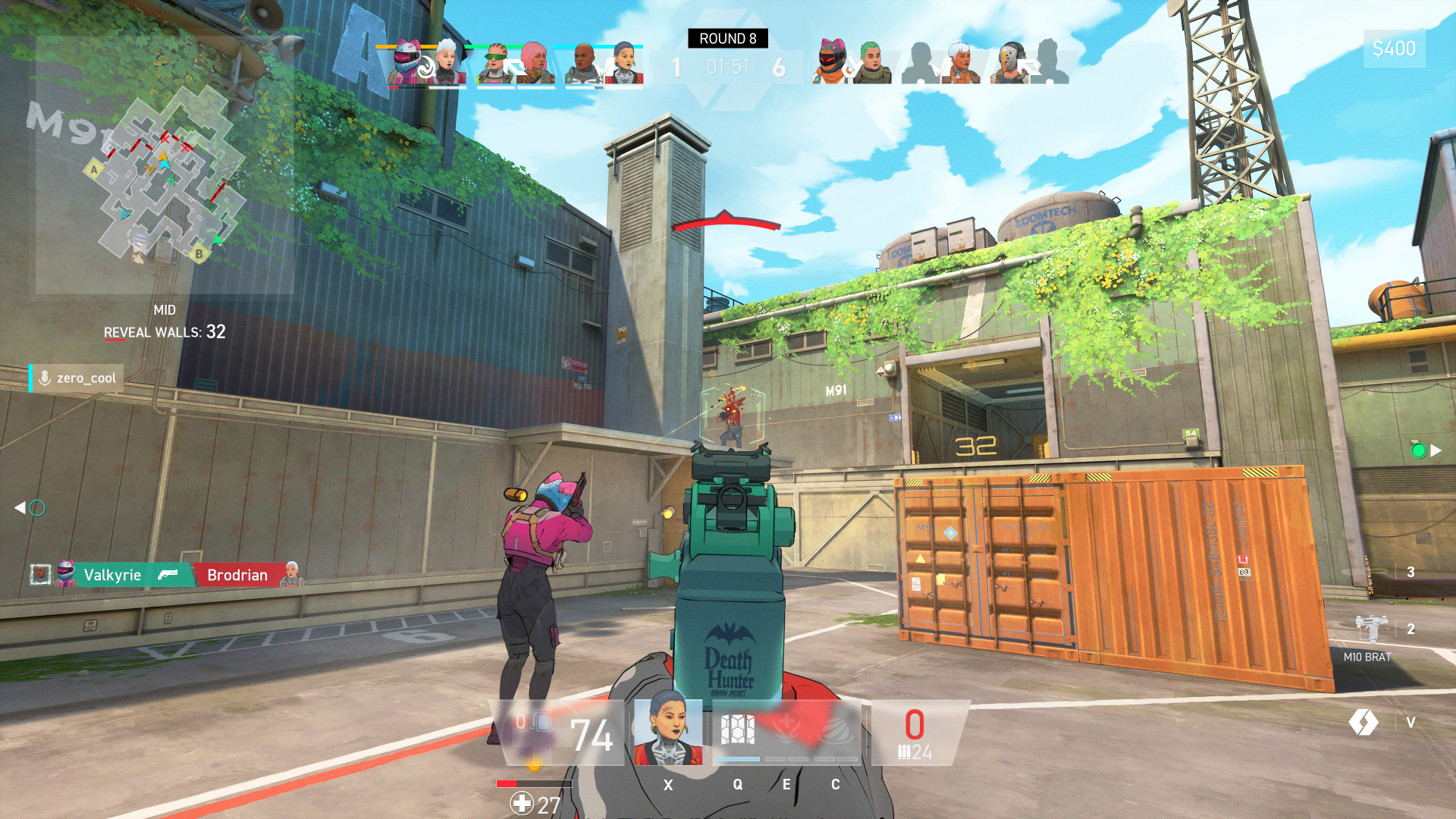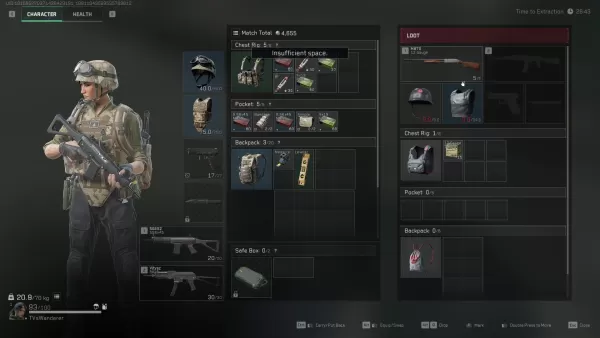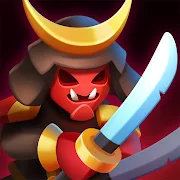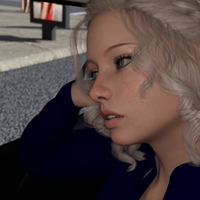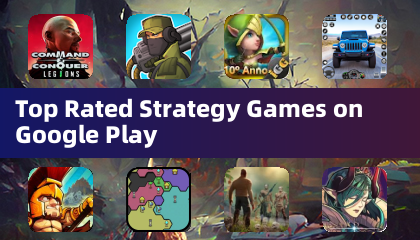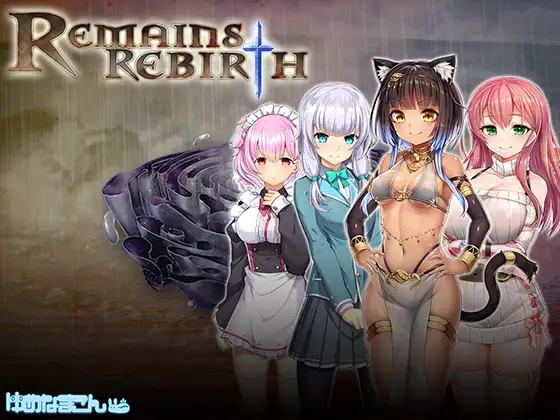The Marvel Cinematic Universe (MCU) has become a powerhouse in entertainment, weaving together films and television shows into one massive, interconnected storyline. Video games based on Marvel characters, however, have taken a different path—each existing in its own separate world with no overarching continuity. For instance, Insomniac’s *Marvel’s Spider-Man* series shares no connection with Eidos-Montreal’s *Marvel's Guardians of the Galaxy*. Likewise, upcoming titles like *Marvel 1943: Rise of Hydra*, *Marvel's Wolverine*, and *Marvel’s Blade* are also standalone experiences.
But there was once an ambitious idea to change that. Disney had plans for a unified *Marvel Gaming Universe* (MGU)—a shared universe for Marvel video games similar to what the MCU achieved in film and television. So why didn’t it happen?

The Vision Behind the Marvel Gaming Universe
On an episode of *The Fourth Curtain* podcast, host Alexander Seropian and guest Alex Irvine revisited this unrealized concept. Both were involved in early discussions around the MGU and offered insight into what could have been.
Seropian, co-founder of Bungie (known for *Halo* and *Destiny*) and former head of Disney’s video game division, revealed that the MGU was his initiative during his time at Disney. “That was my initiative,” he said. “‘Hey, let’s tie these games together.’ But it didn’t get funded.”
Irvine, who worked extensively on Marvel games including *Marvel Rivals*, elaborated on the potential structure of the MGU. He noted that the idea was already being discussed before the MCU took off, but internal complexities ultimately stalled the project.
Ambitious Plans That Never Got Off the Ground
Irvine, drawing from his experience creating alternate reality games (ARGs) like *I Love Bees* at Bungie, envisioned cross-game connectivity through ARG-style mechanics. “We came up with all these great ideas about how to do it,” he said. “Wouldn’t it be cool if players could move between games? We could link in comics, loop in original content, and build something truly connected.”
Despite the creative enthusiasm, the complexity of managing such a vast, unified gaming universe became a barrier. As Irvine explained, some at Disney were hesitant due to the difficulty of maintaining consistency across games, comics, and films. “Some of those questions got complex enough that there were people at Disney who didn’t really want to deal with them,” he added.
What Could Have Been
It’s fascinating to imagine a world where *Spider-Man* games from Insomniac existed within the same universe as *Marvel's Avengers* from Square Enix, allowing characters to crossover or storylines to build toward a grand finale akin to *Avengers: Endgame*. Perhaps even future titles like *Marvel's Wolverine* could feature appearances from other heroes, enhancing the sense of shared storytelling.
Unfortunately, the MGU remains just another “what if” in gaming history. Still, the dream lives on in fan imaginations—and perhaps, in some alternate universe, it’s thriving.

